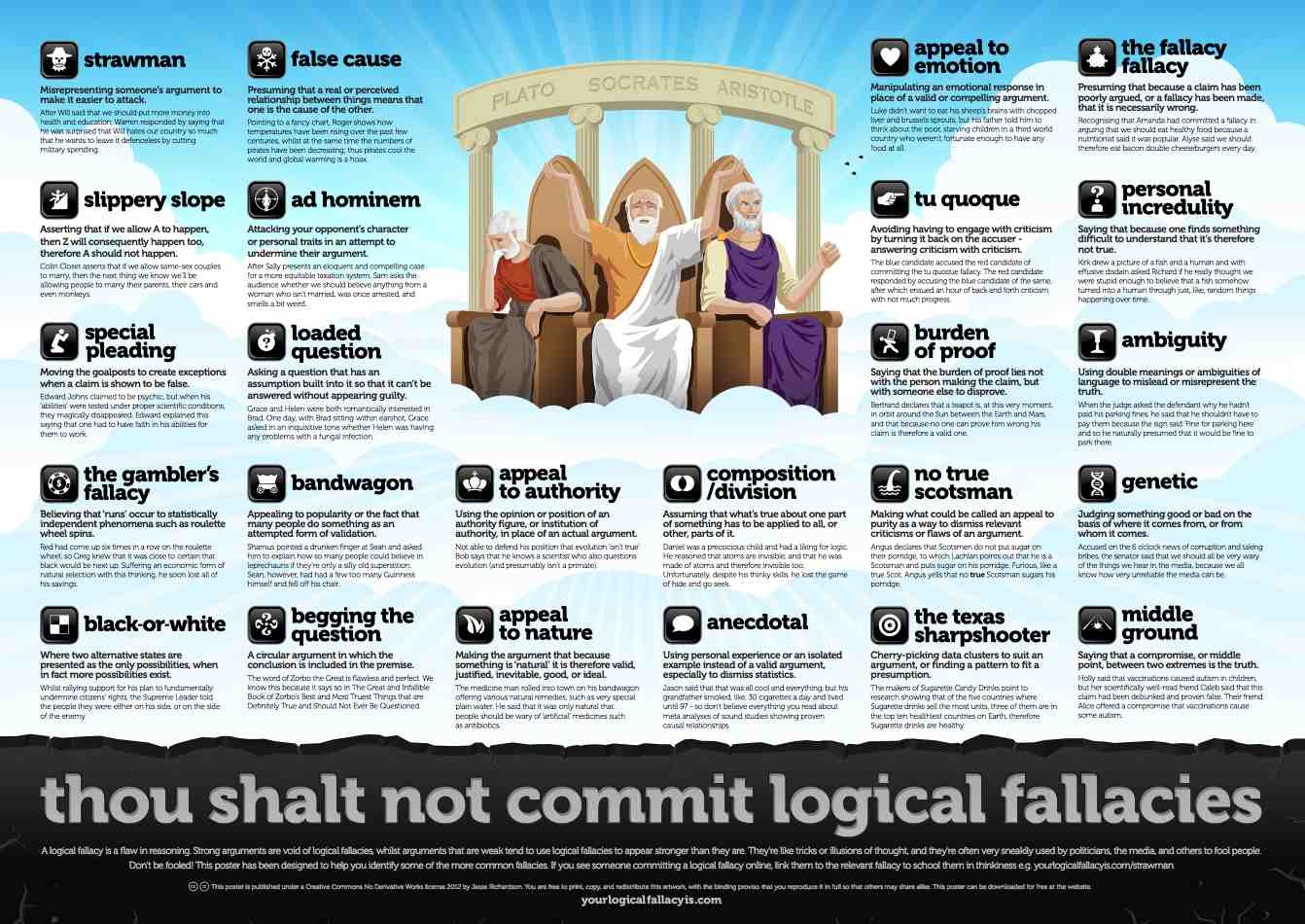

For example, Persons A and B might be governments such as those of the United States and the former Soviet Union, which is the situation that led to the term " whataboutism" with the " And you are lynching Negroes" argument. organizations, such as corporations, governments, or political parties) rather than individual people. Person A and/or Person B are also allowed to be groups of individuals (e.g. Person A: "Stop running so many stop signs."Īlthough neither Person A nor Person B explicitly state what X is, because of the colloquial nature of the conversation, it is nevertheless understood that statement X is something like: "Running stop signs is wrong" or some other statement that is similar in spirit.However, in colloquial language, the tu quoque technique more often makes an appearance in more subtle and less explicit ways, such as in the following example in which Person B is driving a car with Person A as a passenger:

The example above was worded in a way to make it amenable to the template given above.

Person A: "You took that item without paying for it.Person B asserts that A's actions or past claims are inconsistent with the truth of claim X.Īs a specific example, consider the following scenario where Person A and Person B just left a store.Person A claims that statement X is true.The ( fallacious) tu quoque argument follows the template (i.e. " Whataboutism" is one particularly well-known modern instance of this technique. The Oxford English Dictionary cites John Cooke's 1614 stage play The Cittie Gallant as the earliest use of the term in the English language. This specious reasoning is a special type of ad hominem attack. Tu quoque ( / tj uː ˈ k w oʊ k w i, t uː ˈ k w oʊ k w eɪ/ Latin Tū quoque, for "you also") is a discussion technique that intends to discredit the opponent's argument by attacking the opponent's own personal behavior and actions as being inconsistent with their argument, therefore accusing hypocrisy. For legal defense, see tu quoque defense. For the historical quotation "Tu quoque, Brute, fili mi", see Et tu, Brute? For the play by John Cooke, see Greene's Tu Quoque. This article is about the logical fallacy.


 0 kommentar(er)
0 kommentar(er)
